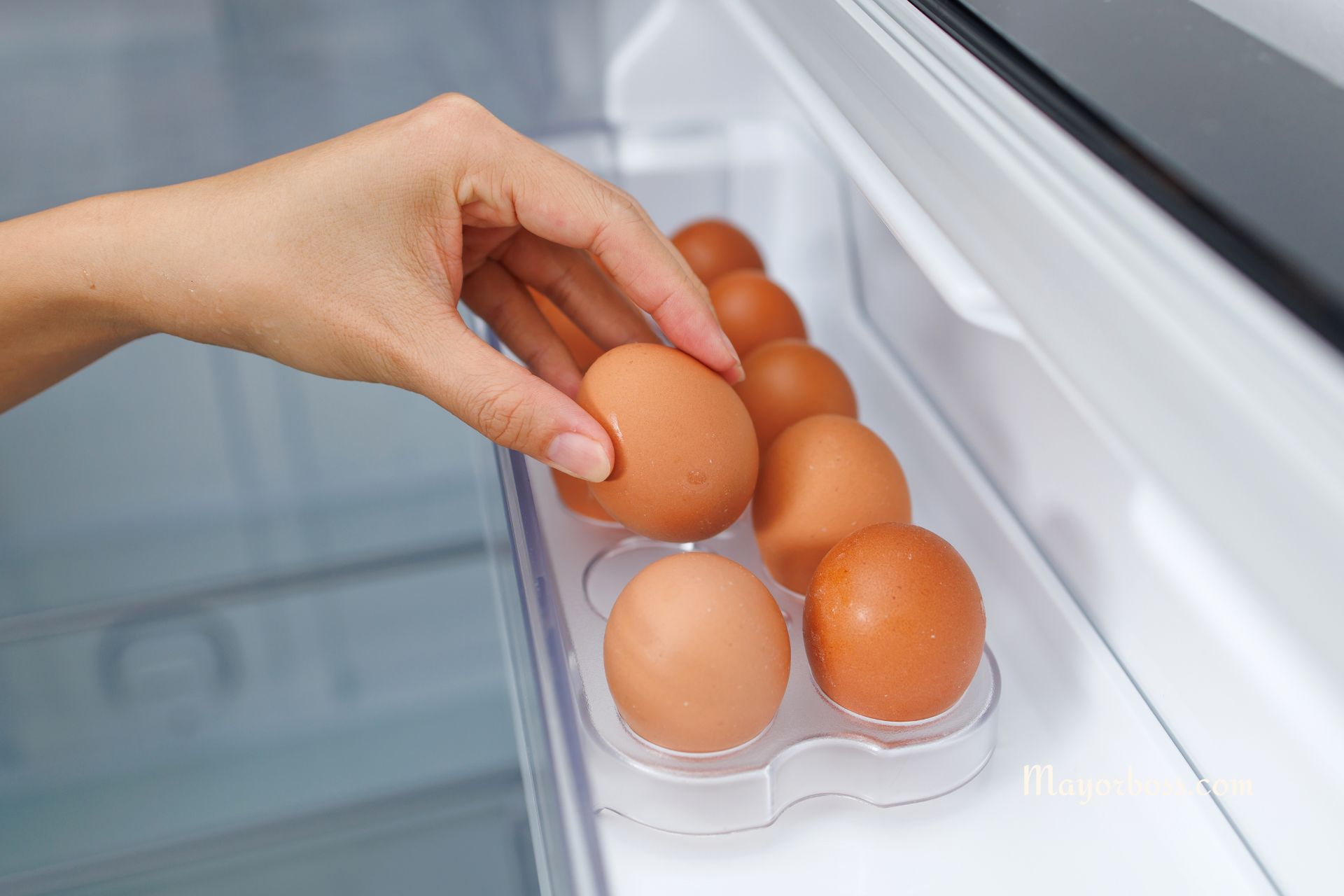Are You Storing Eggs Wrong? This Change Keeps Them Fresher

Have you ever wondered if you’re storing your eggs in the best way possible? It turns out that how and where you store them can significantly affect their freshness and taste.
Where Should You Store Your Eggs?
So, where do you currently keep your eggs? If you’re like many, you might place them in the egg rack on the door of your refrigerator. However, this may not be the ideal spot.
The Best Spot in Your Fridge
The constant opening and closing of the refrigerator door can cause temperature fluctuations. These fluctuations aren’t good for eggs. Instead, you should store your eggs in the main body of the fridge. Preferably, keep them on a shelf where the temperature is more consistent. This small adjustment can extend their freshness.
Consider the Original Carton
Why keep eggs in their original carton? The carton protects the eggs from absorbing strong odors and flavors of other foods in your fridge through the thousands of tiny pores in the eggshells. Plus, the expiration date is right there on the carton, helping you keep track of their freshness.
Handling and Usage Tips
When you handle eggs, there are a couple of quick tips to keep in mind.
Checking for Freshness
Do you know how to check if an egg is still good? Place it in a bowl of water. Fresh eggs will sink, while older eggs will float. This test helps you avoid using eggs that are no longer good to eat.
Washing Eggs: Yes or No?
In some countries, washing eggs before storing them is common practice. However, in places like the United States, it’s not recommended. That’s because eggs are already washed and coated with a protective layer before they hit the shelves. Washing might remove this layer and increase the risk of contamination.
Frequently Asked Questions
How long can I store eggs?
You can typically store eggs safely in your refrigerator for about three to five weeks from the purchase date. Always check the carton’s expiration date for guidance.
Should eggs be stored at room temperature or refrigerated?
In most cases, refrigerating eggs is essential to maintain their quality and safety. In many parts of the world, storing eggs at room temperature is common, but refrigeration helps prevent the growth of bacteria.
What is the best way to organize eggs in the refrigerator?
It’s wise to place eggs in a single layer on a shelf in the main part of the refrigerator. Avoid the door, as it’s the part most susceptible to temperature changes. This practice helps maintain a consistent temperature and keeps your eggs fresher longer.
